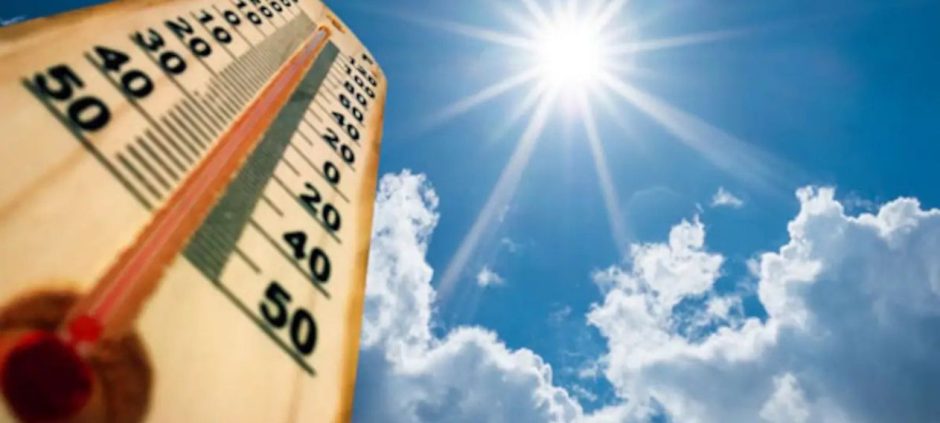Global temperatures reached alarming levels in August 2025, marking it as the third-hottest August on record. Oceans approached historic highs, intensifying heatwaves and wildfires across Europe and Asia.
The Copernicus Climate Change Service reported that the average global temperature for August 2025 was 1.29°C above pre-industrial levels. While slightly lower than 2023, this increase is significant and already affecting global weather patterns. Experts warn that continued warming is likely to trigger more extreme events worldwide.
Western Europe saw the most significant temperature anomalies, particularly in southwest France and the Iberian Peninsula. Spain experienced a 16-day heatwave, resulting in over 1,100 deaths. Wildfires swept across Spain and Portugal, forcing thousands to evacuate. Scientists noted that human-induced climate change made these extreme conditions up to 40 times more likely.
High temperatures were also recorded across Siberia, parts of Antarctica, China, the Korean Peninsula, Japan, and the Middle East. Several countries, including the UK, Japan, and South Korea, faced their hottest summers on record.
Oceans, which play a crucial role in regulating the climate, reached near-record temperatures in August, especially in the North Atlantic west of France and the UK. Hotter seas increase the likelihood of storms, floods, and severe heatwaves, posing risks to communities globally.
Samantha Burgess, strategic lead for climate at Copernicus, emphasized the urgency of reducing emissions and adapting to more frequent climate extremes. Copernicus data, based on billions of satellite and weather readings since 1940, highlights long-term warming trends driven by human activity.
The events of August 2025 demonstrate that even small increases in global temperature can have deadly consequences. Experts urge immediate global action to mitigate climate change and protect vulnerable populations from escalating disasters.
In other related news also read UN Forecasts Unprecedented Temperatures in Next 5 Years











